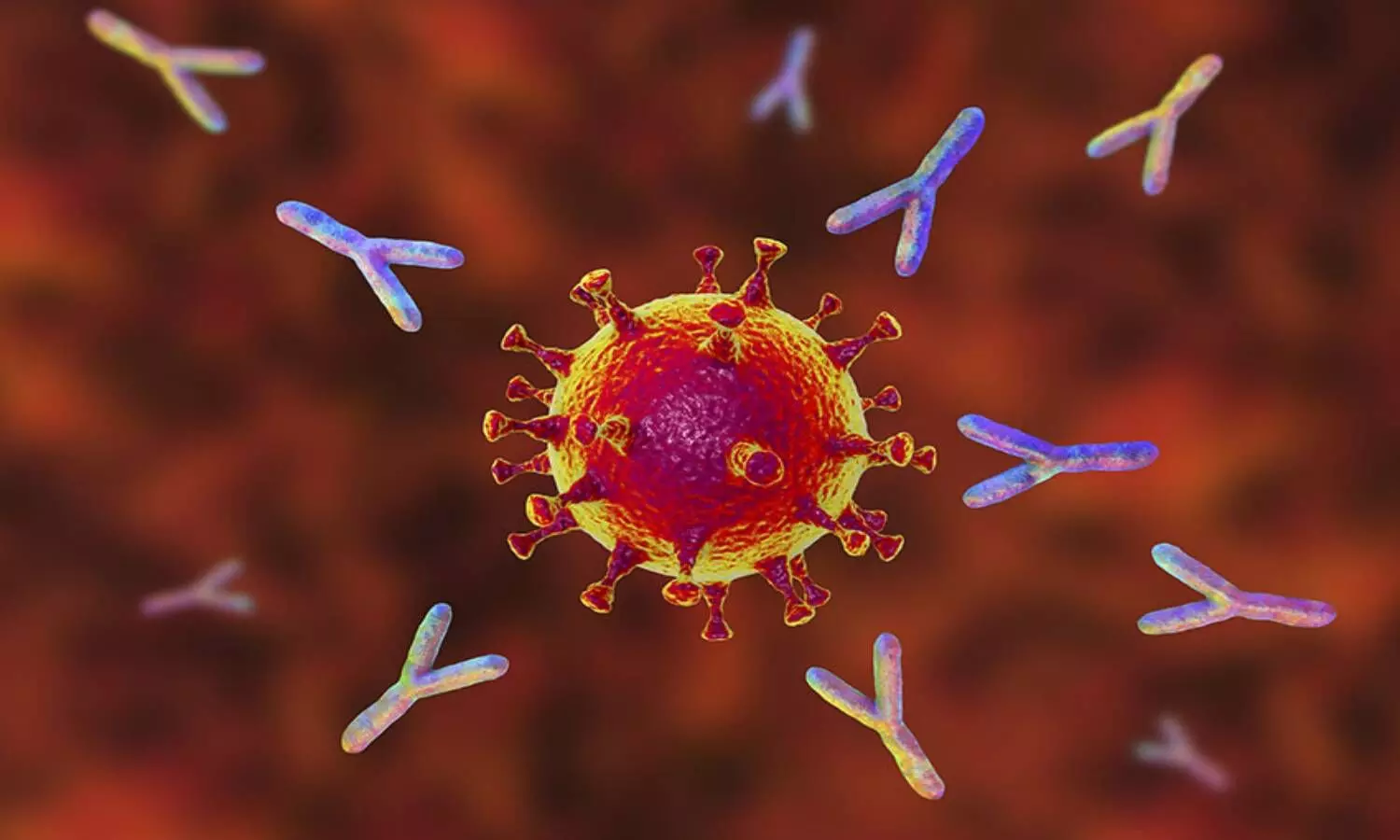Is coronavirus learning the `antibody escape trick'?
The present major variants of concern have come from the UK (B.1.1.7), South Africa (B.1.351), Brazil (P1), and California (B.429).
By Jinka Nagaraju
Hyderabad: A great evolutionary event is unfolding before humanity. Though such events are not uncommon in nature, the one which is in full swing now has triggered unprecedented research worldwide because of its catastrophic dimension.
The principal actor in the event is the Severe Acute Respiratory Syndrome Coronavirus 2 (SARS-CoV-2), which is known as novel coronavirus.
Since the outbreak of the SARS-CoV-2 in 2019 which resulted in the COVID-19 Pandemic, the coronavirus' genome has been trying to adapt to new situations vigorously in order to increase its survival capacity through mutations.
What is alarming is that the virus is changing to new variants under pressure from natural and induced factors and learning the 'antibody escape' trick. To put it simply, the coronavirus is struggling to evolve into advanced forms in order to beat the adverse conditions it is encountering.
The adverse conditions are: expanding natural herd immunity, vaccine-induced immunity, antiviral therapies, public health intervention strategies, etc. These factors are exerting enormous selective pressure on the virus.
These selective pressures are driving the virus to mutate (change its contents) into numerous variants with the hope that these variants would promote its stability, transmissibility, or alter virus virulence and pathogenesis. Sometimes these mutations turn lethal to the virus itself driving the SARS-CoV-2 to extinction or alternative hosts as reservoirs.
The majority of the mutations are known to negatively affect viral fitness. However, mutations that enhance viral infectivity or transmissibility do exist. In fact, this is exactly what the global scientific community and national governments are worried about with regard to SARS-CoV-2.
The present major variants of concern have come from the UK (B.1.1.7), South Africa (B.1.351), Brazil (P1), and California (B.429).
As for India, according to a press note issued by Health Ministry, 771 variants of concerns (VOCs) have been detected in a total of 10787 positive samples collected from States/UTs. These include 736 samples positive for viruses of the UK (B.1.1.7) lineage, 34 for viruses of the South African (B.1.351) lineage and 1 sample was found positive for viruses of the Brazilian (P.1) lineage.
Based on the analysis of mutations, both of those naturally occurring in COVID-19 patients within the past year and of those experimentally generated within the laboratory, scientists are expecting a likely future generation of SARS-CoV-2 strains with even greater infectivity and pathogenicity, within the coming year.
The question now being asked is will the recovered COVID-19 patients or vaccinated individuals have enough immunity against future infection with new variants, and could patients be provided with broad-spectrum antibodies and drug treatments against the rapidly evolving SARS-CoV-2?
As an RNA virus, the SARS-CoV-2 virus has a relatively high mutation rate that results in abundant variations within its genome. In the past year, scientists have detected 20,000 mutations including some insertions and deletions, in the virus strains. As many as 75 heritable mutations among the SARS-CoV-2 population have been observed in just one year since the initial outbreak, a short time indeed on the evolutionary scale.
Heritable mutations or mutations that recurrently appear in viral populations are the real sources of worry among scientists because these mutations are said to have a positive effect on viral fitness. They pave the path for future evolutionary directions.
Two specific mutations namely D614G, N501Y have raised global alarm and are being extensively investigated. More particularly the D614 mutation has made the variant capable of enhancing viral replication in the upper respiratory tract of COVID-19 patients.
SARS-CoV-2 is relatively new to human populations. So, scientists opine that it may still be adapting to its human host in various avatars (selection of variants) capable of improved replication and spread.
According to Prof Richard Neher, who researches the evolution of viruses and bacteria at the Biozentrum, University of Basel, Germany, an increasing degree of immunity in the population favors virus variants that can partially escape the body's defenses.
Prof Neher says if the vaccination rate is too high, the viruses change too quickly for the herd immunity to develop permanently in the population. Stating that the vaccine protection against SARS-CoV-2 doesn't look like wearing off, he anticipates a situation when the vaccination will have to be refreshed every few years with an adapted vaccine against the most common virus variants.
According to a research paper by Jessica A Pante team from University Texas Medical Branch, USA (source: Cell Host & Microbe) the future variants of SARS –CoV-2 as they are shaped by fitness for replication and transmission, and escape from antibody-induced immunity, are certain to impact the spread of the virus and the efficacy of the vaccines. The team is hopeful that the world is now more equipped to meet the challenge.